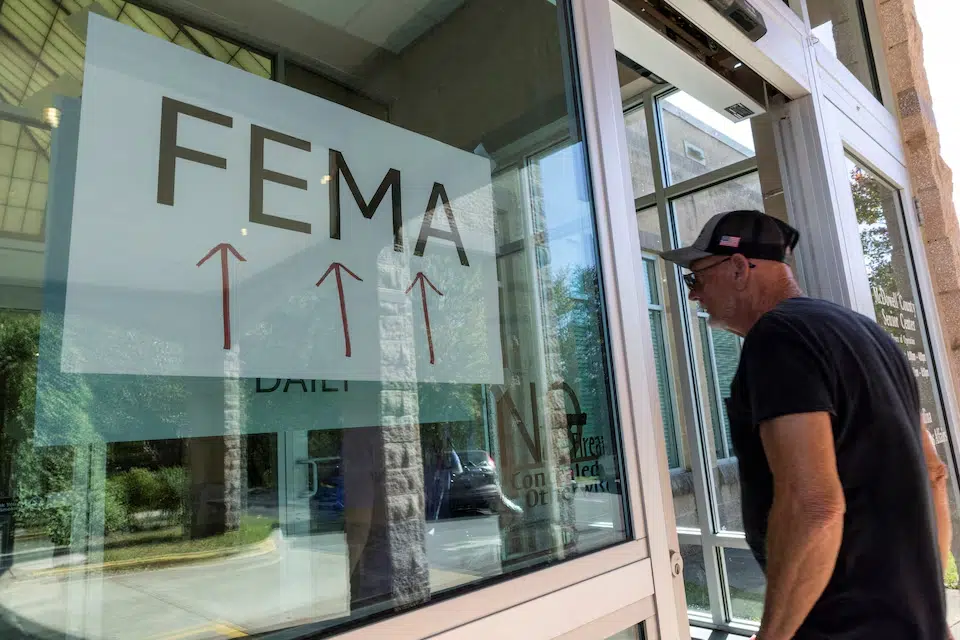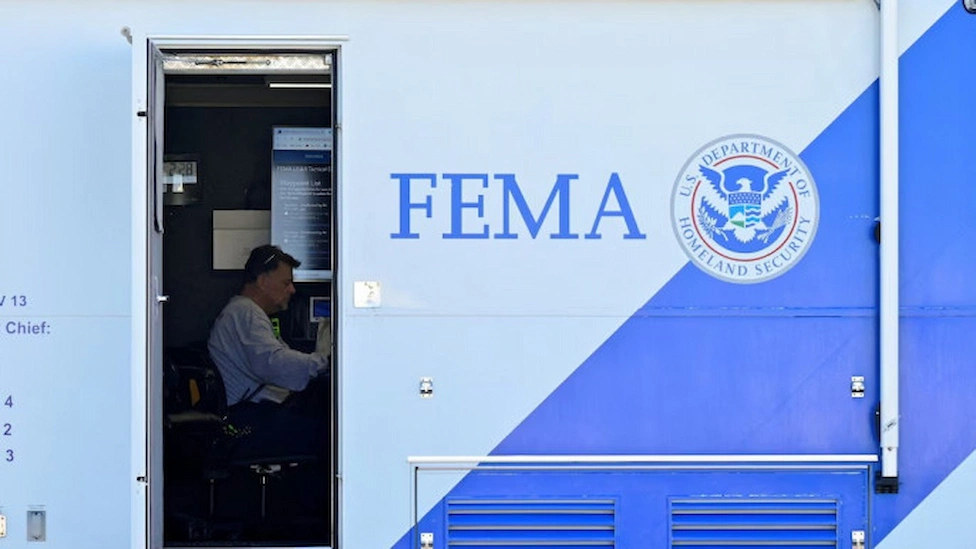FEMA Hurricane Season Controversy: On Monday, June 2, 2025, the FEMA hurricane season controversy began after David Richardson, the new FEMA chief, shocked staff. During a daily briefing, he said he didn’t know the U.S. had a hurricane season. The meeting took place one day after the season officially started.
Staff were unsure if the comment was serious, sarcastic, or misunderstood. Richardson took office in early May. His statement came as the National Weather Service warned of a busy season. FEMA workers and lawmakers are now questioning his leadership during a critical time for disaster response.
Also Read | Ukraine Peace Talks Stalled as Russia Demands Major Concessions
FEMA Hurricane Season Controversy: Insights
- Richardson remarked one day after the official start of hurricane season.
- Staff were confused about whether it was a joke or a serious statement.
- The National Oceanic and Atmospheric Administration expects up to 10 hurricanes this year.
- FEMA plans to keep its current disaster strategy with no changes.
- Democrats criticized Richardson and called for his removal.
- Many top FEMA officials have resigned or been let go.
- FEMA cut training sessions and workshops this year.
- Around 2,000 full-time FEMA staff have exited since 2021.
- FEMA still plans to retain 2,600 short-term staff for recovery work.
- Confusion over disaster planning and leadership has increased agency-wide tension.
Background
The FEMA hurricane season controversy highlights rising issues within the agency. Richardson became FEMA chief last month after Cameron Hamilton’s sudden removal. Hamilton had clashed with Trump allies over the agency’s future. FEMA has lost nearly one-third of its full-time staff since Trump took office.
Budget cuts and a shrinking workforce have raised concerns about preparedness. Recent decisions have reduced hurricane training and field readiness. Richardson, a former Marine and DHS official, lacks disaster response experience. Now, his latest comment has triggered doubt about his ability to lead in crises.
Main Event
During a Monday briefing, FEMA Administrator David Richardson said he was unaware the U.S. had a hurricane season. His remark came just one day into the official storm period. Sources told Reuters the statement baffled staff, leaving many unsure of its intent. Some thought it was a joke, while others feared it reflected a lack of knowledge.
A Department of Homeland Security spokesperson later clarified that it was humor. However, concerns grew as Richardson also announced no updates would be made to FEMA’s disaster response plan. This contradicted a May 15 town hall where he said new strategies would be shared by May 23, 2025.
FEMA’s operational challenges have mounted. Training sessions have been cut. Emergency workshops were scaled down due to new restrictions. Staff morale has fallen amid confusion and high turnover.
Richardson also stated he would avoid changes that conflict with the FEMA Review Council, created under Trump. The council includes state leaders and DHS Secretary Kristi Noem, who previously supported FEMA cuts.
Top Democrats, including Senator Chuck Schumer and Rep. Bennie Thompson, criticized Richardson. They questioned his fitness to lead. Thompson said anyone unaware of hurricane season is unqualified to run FEMA.
Internally, staff worry about readiness. FEMA expects above-normal hurricane activity this year. Yet, leadership appears divided on strategy. For many, the FEMA hurricane season controversy raises serious doubts about the agency’s future.

A flood-affected resident visits a temporary FEMA assistance center in Marion, North Carolina, on October 5, 2024, following the devastation of Hurricane Helene.
Photo Credits: REUTERS.
Implications
The FEMA hurricane season controversy could weaken public confidence in disaster response. Citizens rely on FEMA during hurricanes, floods, and wildfires. A confused or unprepared agency could lead to slower relief efforts and higher risks. For the government, criticism from lawmakers may pressure changes in leadership.
State officials also depend on FEMA’s coordination, which could suffer due to low staff morale. Budget cuts and reduced training may result in limited help during storms. As hurricane activity increases due to climate change, FEMA’s readiness is more important than ever. Richardson’s leadership now faces public and political scrutiny.
Conclusion
The FEMA hurricane season controversy shows growing internal and external concern over leadership and readiness. Richardson’s unclear comments and shifting plans have raised alarm within FEMA and beyond. Political pressure for his removal is rising.
With an active hurricane season ahead, FEMA must rebuild trust and prove its preparedness. Whether changes will happen before major storms strike remains uncertain.



